United Nations Commission on the Status of Women
The Commission on the Status of Women (CSW or UNCSW) is a functional commission of the United Nations Economic and Social Council (ECOSOC), one of the principal organs of the United Nations. CSW is recognized as the UN body dedicated to promoting gender equality and empowering women.
Established in 1946, UNCSW serves as a mechanism to promote, report on, and monitor issues related to the political, economic, civil, social, and educational rights of women. It is a unique structure within the UN focused on drawing attention to women’s concerns and leadership. The first session of UNCSW was held at Lake Success, New York, in February 1947, with all 15 government representatives being women. This distinguished UNCSW from other UN bodies, and it has continued to maintain a majority of female delegates. During its first session, the Commission declared one of its guiding principles as follows:
“To raise the status of women, irrespective of nationality, race, language, or religion, to equality with men in all fields of human enterprise, and to eliminate all discrimination against women in statutory law, legal maxims, or rules, or in the interpretation of customary law.”
CSW consists of one representative from each of the 45 member states, elected by ECOSOC. Among its activities, the CSW has drafted several conventions and declarations, including the Declaration on the Elimination of Discrimination against Women in 1967.

